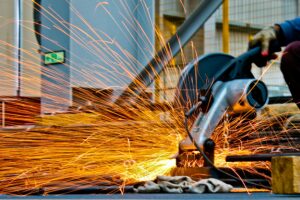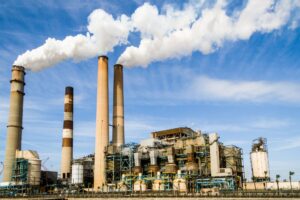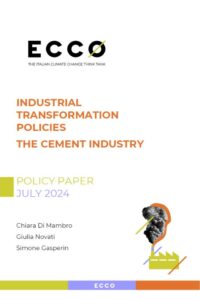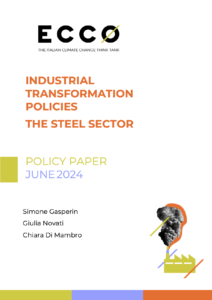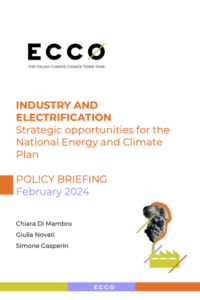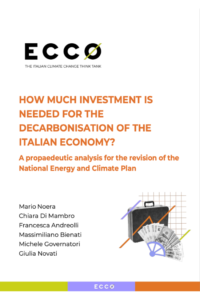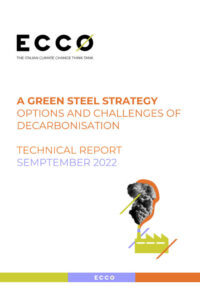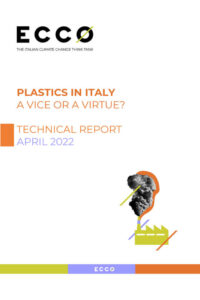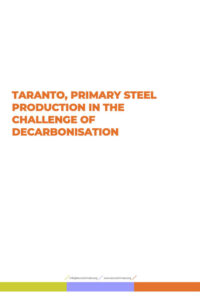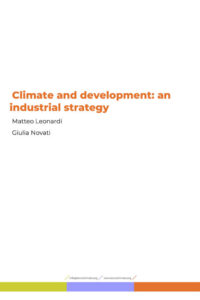Giulia Novati is a Research Associate Industrial Trasformation at ECCO.
Giulia graduated in 2020 in Energy Engineering from the Polytechnic University of Milan, with a thesis on the decarbonisation of the Italian industry.
Subsequently, she worked at Fondazione Politecnico di Milano as a researcher for various projects related to the energy transition of the transport, civil and industrial sectors.




